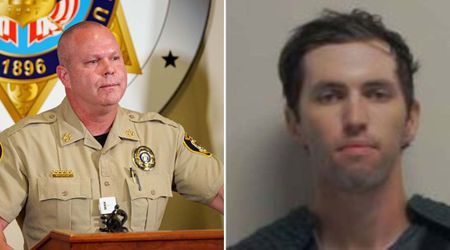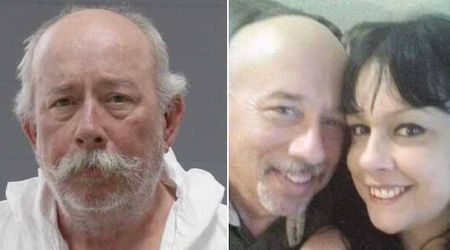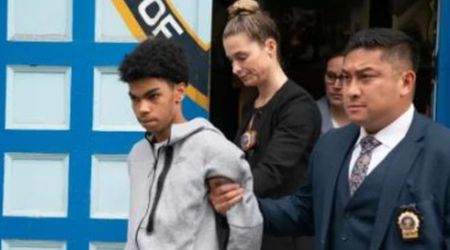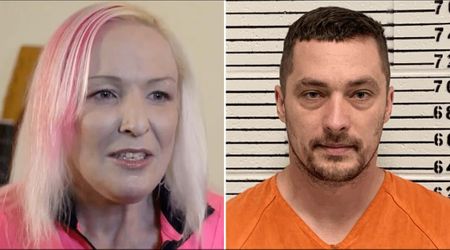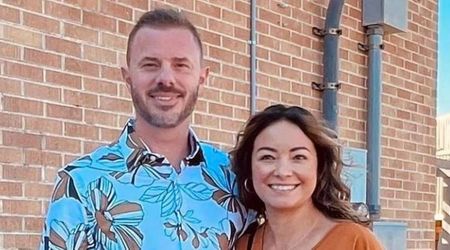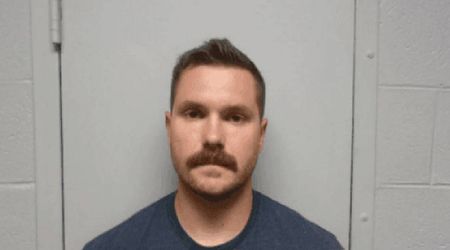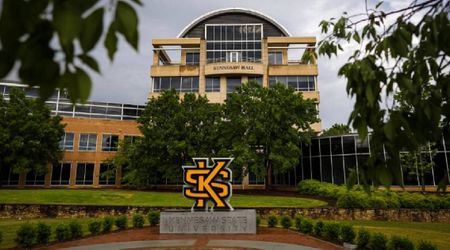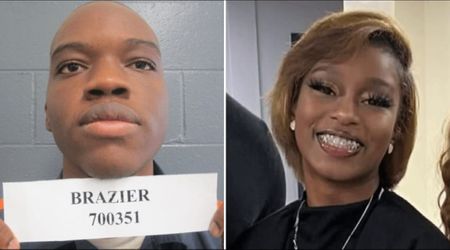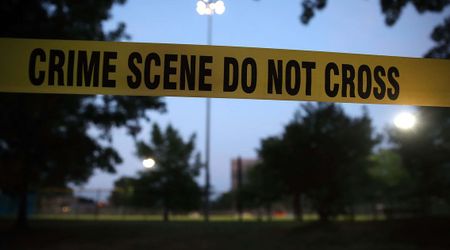Cayley Mandadi: Parents buy daughter's BF's car to prove teen's fatal injuries were not caused by ecstasy
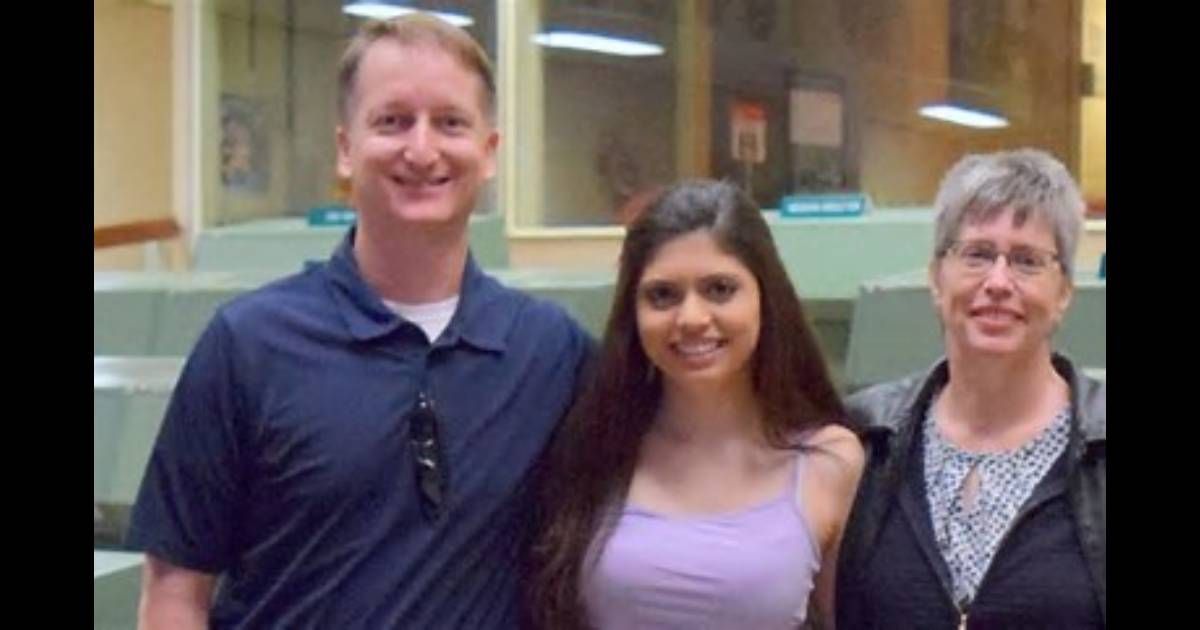
SAN ANTONIO, TEXAS: Cayley Mandadi, a 19-year-old student at Trinity University, died after being found unconscious and unresponsive at a Texas hospital. Her boyfriend, Mark Howerton, later claimed they had taken ecstasy at a music festival and which led to her fatal injuries.
Mandadi's parents, Alison Steele and Lawrence Baitland, believed something more sinister had happened. To prove their daughter's fatal injuries were not due to ecstasy, they purchased the suspect's car.
They sought to prove it in "For the Love of Cayley Mandadi," set to air on CBS on January 20.
Who is Cayle Mandadi's murder suspect?
Cayle Mandadi's boyfriend Mark Howerton was accused of killing her, as reported by CBS News. Howerton insisted he was innocent, and his trial started in December 2019. The prosecution claimed that Mandadi suffered a fatal brain bleed as a result of Howerton's beating in his vehicle.
On October 30, 2017, Mandadi's parents received a concerning phone call at four in the morning. They were informed that Cayley had been involved in an incident and had been life-flighted to Kyle, Texas.
From their Houston home, they hurried to the hospital. Steele recalled, "I saw my daughter's body smashed." Mandadi was bruised beyond recognition and unconscious. There was no chance of recovery, the doctor informed them.
Mandadi was removed from life support on October 31. Before Mandadi was taken to the operating room to donate organs, Steele and Baitland said their final goodbyes.
Mandadi's death was ruled a homicide by the medical examiner, who concluded that she suffered blunt force injuries to her face and head
John Hunter, Howerton's defense lawyer, claimed that Mandadi's injuries were not caused by Howerton. He maintained that both the medical complications from taking MDMA and the resuscitation efforts made by hospital staff were to blame for her injuries.
The jury deliberated for ten hours before reaching a deadlock, at which point the judge ruled a mistrial. Prosecutors intended to retry Howerton; however, Steele and Baitland concluded that additional details regarding their daughter's ordeal inside Mandadi's vehicle should be provided to the jury.
Scientist Steele and NASA engineer Baitland set to work.
Here's why Cayley Mandadi's parents purchased suspect's car
Steele and his wife, Susan Steele, were tasked with examining evidence in the case of Mandadi Howerton's death. They focused on autopsy photos showing a small dot above Mandadi's right ear and a larger bruise above her left ear.
They based their theory on the collision between Howerton and Steele. They found a near perfect match between the autopsy images and a used car, and used software to create a 3D model of Mandadi's head. A biomechanical expert supported their theory.

"So this gave me the confidence to go to the next step, which was to seek out [Mark Howerton's] car," Baitland said. The Mercedes that Howerton sold in 2018 was located by Baitland.
"I … reached out to some friends on social media who were … on an automotive forum and they were able to look up the VIN number of [the] car for me," said the man.
The new owner was apprehensive to sell Baitland the car at first, but after hearing Mandadi's account, he consented.
Driving the car home was "torturous," but Baitland said it was essential to their investigation. "We had to have the vehicle to show how she was assaulted."
Then, based on their suspicions, Baitland and Steele produced a reenactment video. They examined every last detail, including Mandadi and Howerton's attire and the contents of the rear seat, using pictures from the evidence.
They even employed actors who resembled Mandadi and Howerton in terms of size and weight. The reenactment video is straightforward, displaying three perspectives of the injuries Mandadi's parents and their experts concluded caused her fatal head injury.
In this case, prosecutors told 48 Hours that they had never before witnessed the victim's family take such extreme measures. John Hunter, Howerton's defense lawyer, feels the parents' inquiry was "unscientific" and did not establish his client's guilt.

